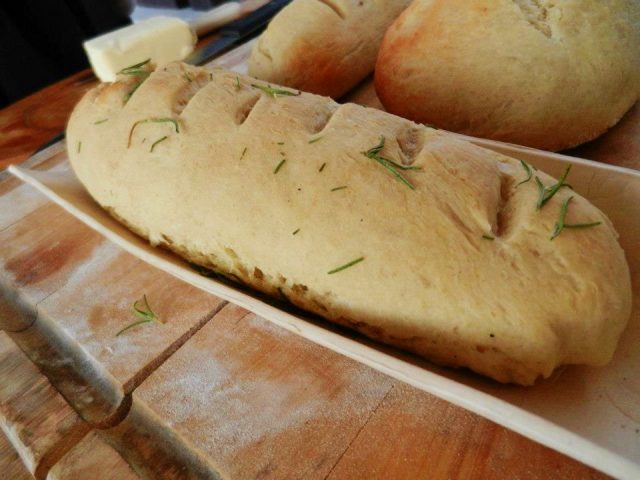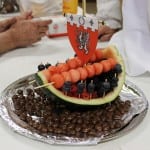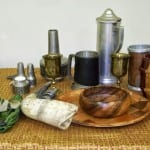Food and Drink

Feasting and fun go hand-in-hand here in the Society!
Ever wonder how the Norman Conquerers fed their armies? What the Vikings cooked when on their raids? Who invented the meat pie ... and why? Food history presents a fascinating buffet of popular lore and contradictory facts. Most foods were not invented; they evolved. Here in the SCA we make food history fun and, of course, tasty!
 For most SCA cooking, a good rule of thumb is that ingredients that were readily available in Western Europe prior to the 17th century are fair game. Coffee and tea came into play toward the latter part of the period we cover, so don't worry about going without your java, as even we medievalists can't help waking up to the smell of coffee. However, we do explore many different cultures outside of Europe, so don't be surprised to see a feast from India, Africa, even the Far East!
For most SCA cooking, a good rule of thumb is that ingredients that were readily available in Western Europe prior to the 17th century are fair game. Coffee and tea came into play toward the latter part of the period we cover, so don't worry about going without your java, as even we medievalists can't help waking up to the smell of coffee. However, we do explore many different cultures outside of Europe, so don't be surprised to see a feast from India, Africa, even the Far East!
Feast
 Many events have a feast in the evening. This is a grand meal - in fact, often several meals served one after another - with multiple courses. The epitome of a modern SCA feast is a collection of heavily researched medieval dishes, prepared by a large volunteer cooking staff, served in several courses, to a multitude of diners. At your first feast, we encourage you to try a little bit of everything! You won't be familiar with all the foods there, but you'll be surprised what you find to be a new favorite! Be forewarned, because many feasts have multiple courses, pace yourself! You never want to get to the end of a feast, see something amazing you want to eat, and have no more room for it!
Many events have a feast in the evening. This is a grand meal - in fact, often several meals served one after another - with multiple courses. The epitome of a modern SCA feast is a collection of heavily researched medieval dishes, prepared by a large volunteer cooking staff, served in several courses, to a multitude of diners. At your first feast, we encourage you to try a little bit of everything! You won't be familiar with all the foods there, but you'll be surprised what you find to be a new favorite! Be forewarned, because many feasts have multiple courses, pace yourself! You never want to get to the end of a feast, see something amazing you want to eat, and have no more room for it!
Ask a SCAdian: Are there any medieval foods I'm familiar with? There are plenty of foods that are still eaten today! Just a few examples include: grapes, apples, lemons, wheat, rye, barley, cheese, pork, chicken, eggs, beef, spinach, carrots, turnips, beets, sweet peas, split peas, lentils, white beans, onions, asparagus, artichokes, parsnips, parsley, mustard, honey, salt, pepper, cinnamon, allspice, nutmeg, fish, shrimp, vinegar, olives, and olive oil, and there are hundreds more I could name! -- Lady Leonor Constanza de Castilla
Medieval foods can be a culinary experience like no other!
If you're interested in learning more about food and drink in the Society, contact the Arts and Sciences Officer of your nearest branch to find out when and where classes and workshops are held!
